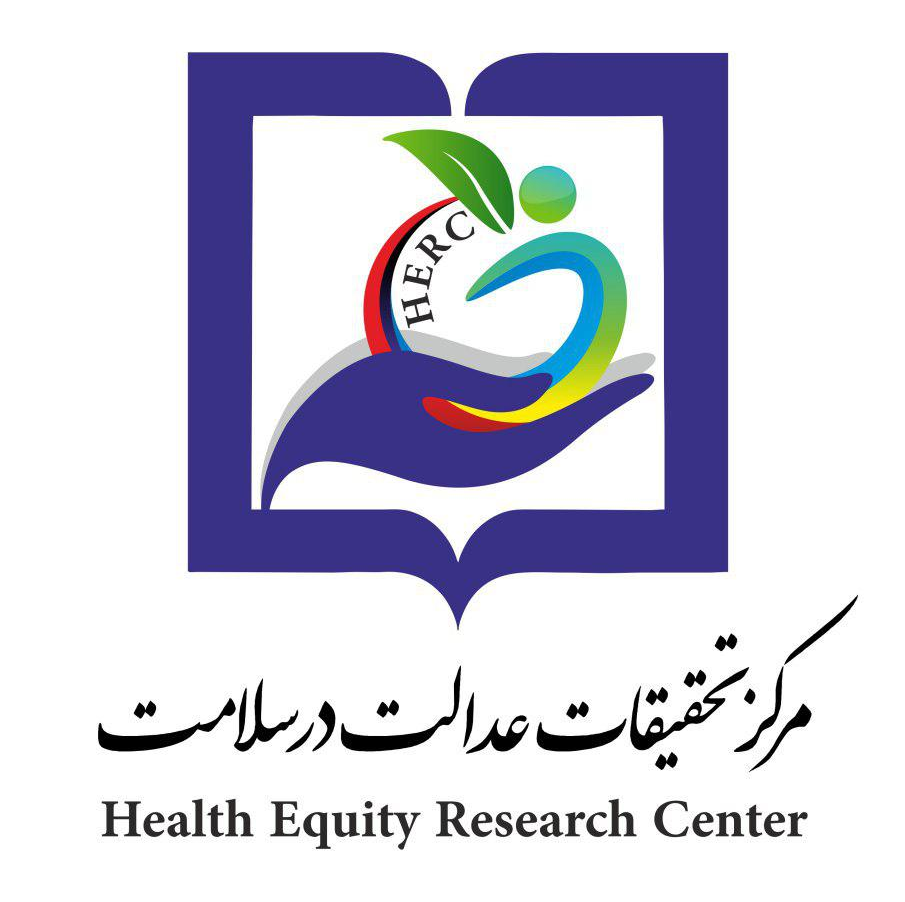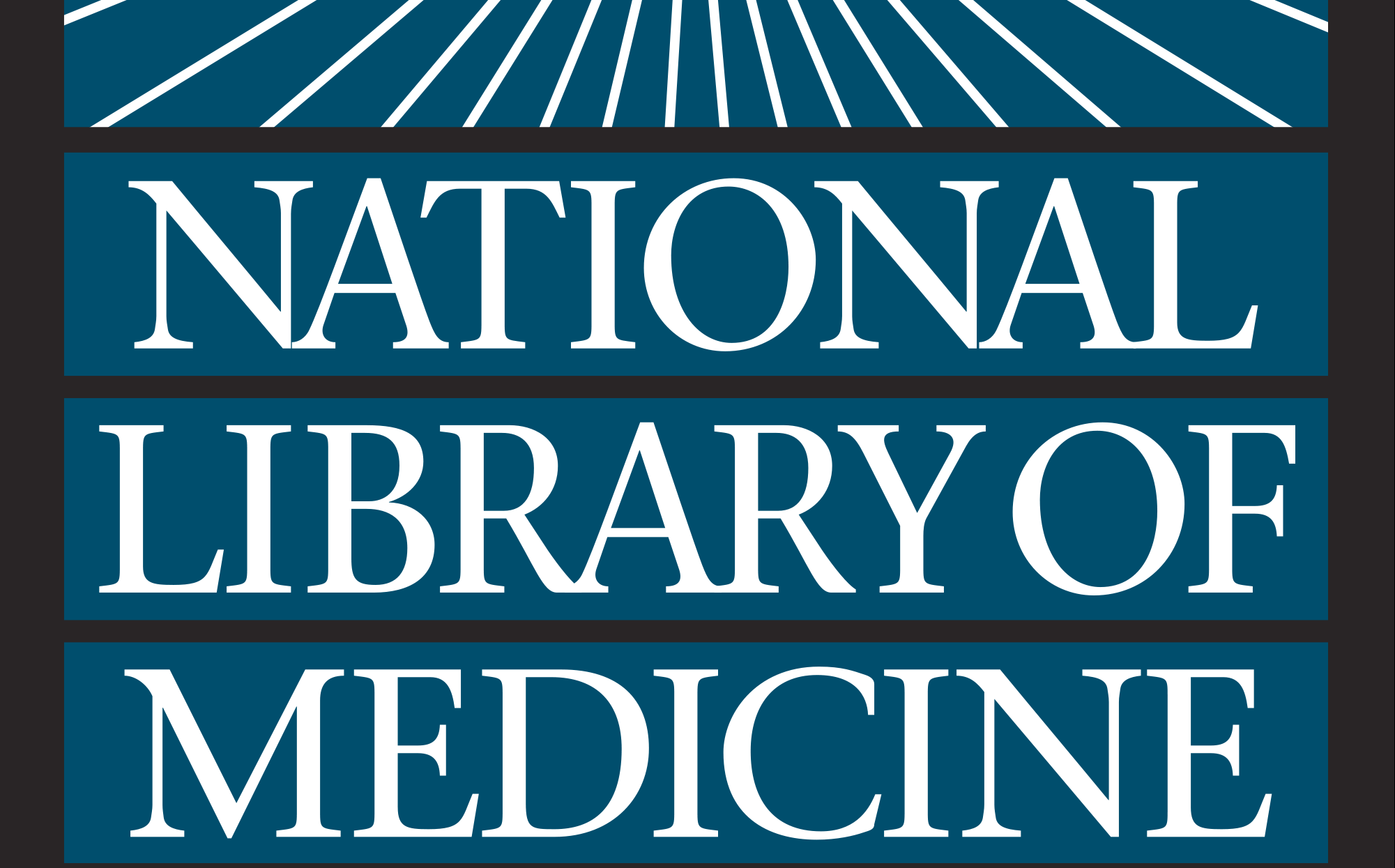Background
This study aimed to identify the public preference in health services, the principles that Iranian people consider important, and the aspects of tradeoffs between different values in resource allocation practices.
Methods
This quantitative study was conducted to investigate public preferences on Health Insurance Benefit Package (HIBP) in 2017. A structured questionnaire was used for data collection, including the preferences of the people who live in Tehran, were above 18 year, and were covered by basic insurance for the HIBP contents and premium. The sample size was calculated 430 subjects and SPSS Statistics was used for data analyzing.
Results
81.6% of the sample population agreed with government allocating more money to the health sector compared to other sectors and organizations and 55% were willing to pay higher premiums for expanding the HIBP coverage. The highest and lowest score regarding prioritization of budget allocation between health services was related to hospitalization services (28.6%) and rehabilitation services (1.6%), respectively. The first priority of respondents regarding health care and life cycle, was “prevention in newborns” (15.9%), the second priority was “prevention in children” (14.6%), the third priority was “prevention in adults” (9.5%), and the last priority was “short-term care in newborns” (0.9%).
Conclusion
Iranian people believe that not only the principle of health maximization but also equal opportunities to access health care and a fair allocation of resources should be considered by authorities for effective health insurance policymaking. In this case, given the scarcity of resources, setting priorities for alternative resources is inevitable.



No responses yet